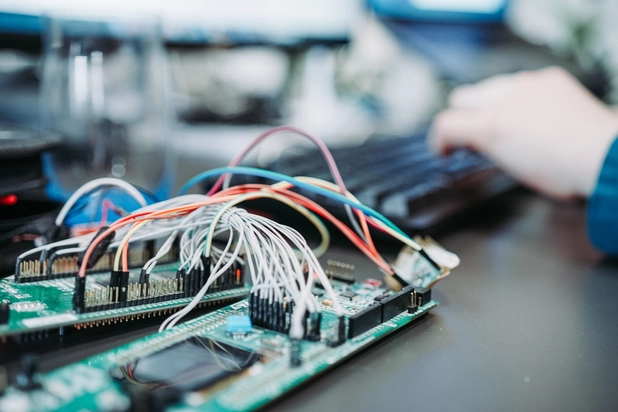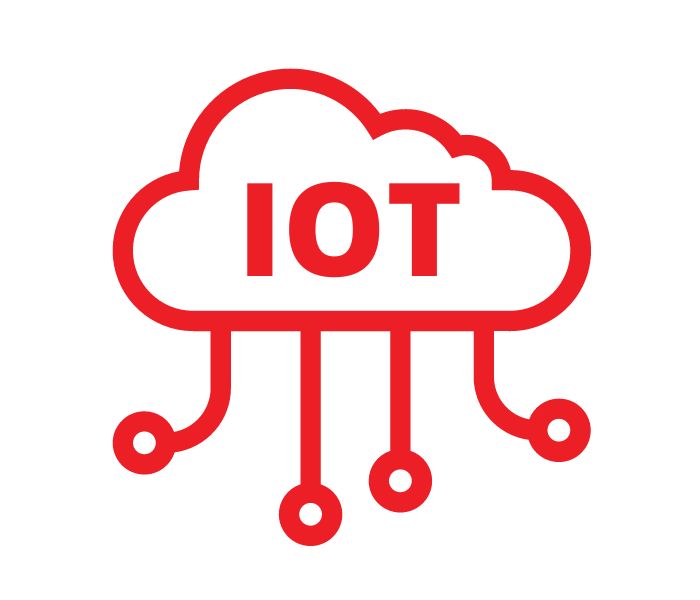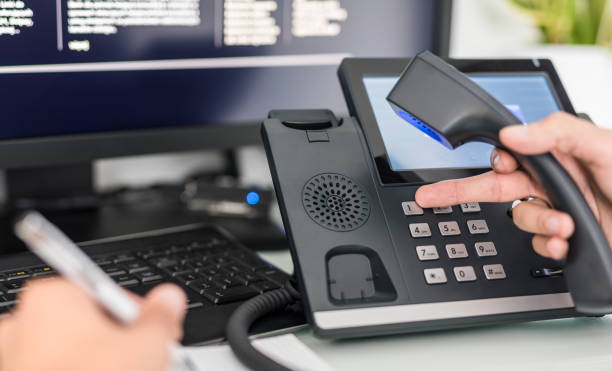How the Internet of Things can benefit your small business
When people discuss the Internet of Things (IoT) it’s often in the context of something of such scale that only large businesses with extensive...
3 min read
Your Comms Group : Apr 12, 2022 5:16:02 PM

A recent report from industry news platform BusinessWire has predicted that the value of the online digital retail sector in the US will be somewhere around the $190 billion mark annually.
As digital literacy improves – and the sheer realities of mortality rates among non-adopters of digital and mobile tech is driving this process ever more quickly – the physical retail space is expected to shrink exponentially.
This has massive implications for the High Street, of course; but it also represents an enormous opportunity for those businesses that have worked out how to exploit the digital spaces they occupy and drive better consumer convenience, service and value.
But growth and success in future retail markets also relies heavily in business investing wisely and proactively in the mobile app-based technologies and devices – both current and emerging – to leverage the true scope of what might be possible.
And the key to this lies in the Internet of Things (IoT) – the fast-growing network of technology enabled products and objects that are able to talk to both suppliers and their customers to provide reliable tracking, monitoring, delivery, diagnostics, and maintenance.
We’re already familiar with IoT technologies in our day-to-day lives: most electric vehicles (EVs), which are able to be monitored and even repaired remotely by their manufacturers, fall into this category, for example. So, too, do many white goods, home heating systems and lighting.
Here, then, are 7 ways that the IoT can help to fuel success in your eCommerce business in the next decade.
IoT will enable businesses to not only fulfil the orders they receive, but also ensure problem-free supply and delivery chains. In turn, customers will be able to see, at the touch of a button on their phone, exactly where their product or service is in the supply chain.
And it’s not just customer-facing systems that will benefit. Businesses will also be able to monitor, track and re-order inventory on a far more detailed and accurate scale than before, while GPS and Radio Frequency Identification (RFID) will improve internal planning systems through better insight into external factors that affect service delivery (such as weather, traffic conditions, etc.).
From close management of environment factors – e.g. controlling the temperature at which goods must be stored – to fulfilment and delivery processes, as IoT app technology improves with demand, so systems regulation will be able to be automated.
This eliminates human error, and also has the added value of improving the agility of eCommerce businesses through their increased ability to adapt quickly to fluctuating demand for stock.
As EV owners have discovered, the IoT allows quick, proactive customer care and communication. As the smart technologies that sit behind our everyday gadgets and appliances become more prevalent, so the customer experience will improve through merchants being aware of, and then fixing issues, possibly before the consumer even knows there’s a problem.
And from this, new business models will emerge that build this technology into different ways of interacting with consumers.
IoT will allow eCommerce businesses to learn about their customers and clients more quickly and more accurately through the monitoring of consumer behaviour, allowing them to adapt marketing models and product ranges that exactly target their consumer base.
As society becomes increasingly tech savvy and literate, and as eCommerce businesses move to meet the opportunities that presents, so the consumers will demand ever easier and better online shopping experiences, achieved through IoT. In turn businesses will need to adapt to ensure their customer’s UX is as smart as the products they buy.
Some of us have already experienced automated physical retail spaces where scanners automatically charge your purchases to an online account.
These shops may well proliferate quickly to fill the gap in the High Street that’s left by retreating brands, meaning the days of most of us being able to walk out of a supermarket without tapping a debit card will one day be the norm.
So, too, the prospect of your shopping list being automatically sent to a retailer to be prepared for your collection, without you having to lift a finger.
The age of IoT means successful businesses will develop efficient and effective eCommerce models. This will have the benefit of not only better serving their customers and consumers, but also stripping out unnecessary cost.
And that means better margins and more profit.

When people discuss the Internet of Things (IoT) it’s often in the context of something of such scale that only large businesses with extensive...

For something that was originally created as a way to save money on long-distance and international phone calls, Voice over Internet Protocol (VoIP)...

By now there can’t be many of us who haven’t seen the upsetting images and news footage coming out of Ukraine as Russia continues its attacks on the...